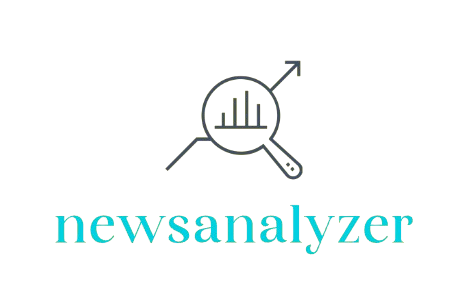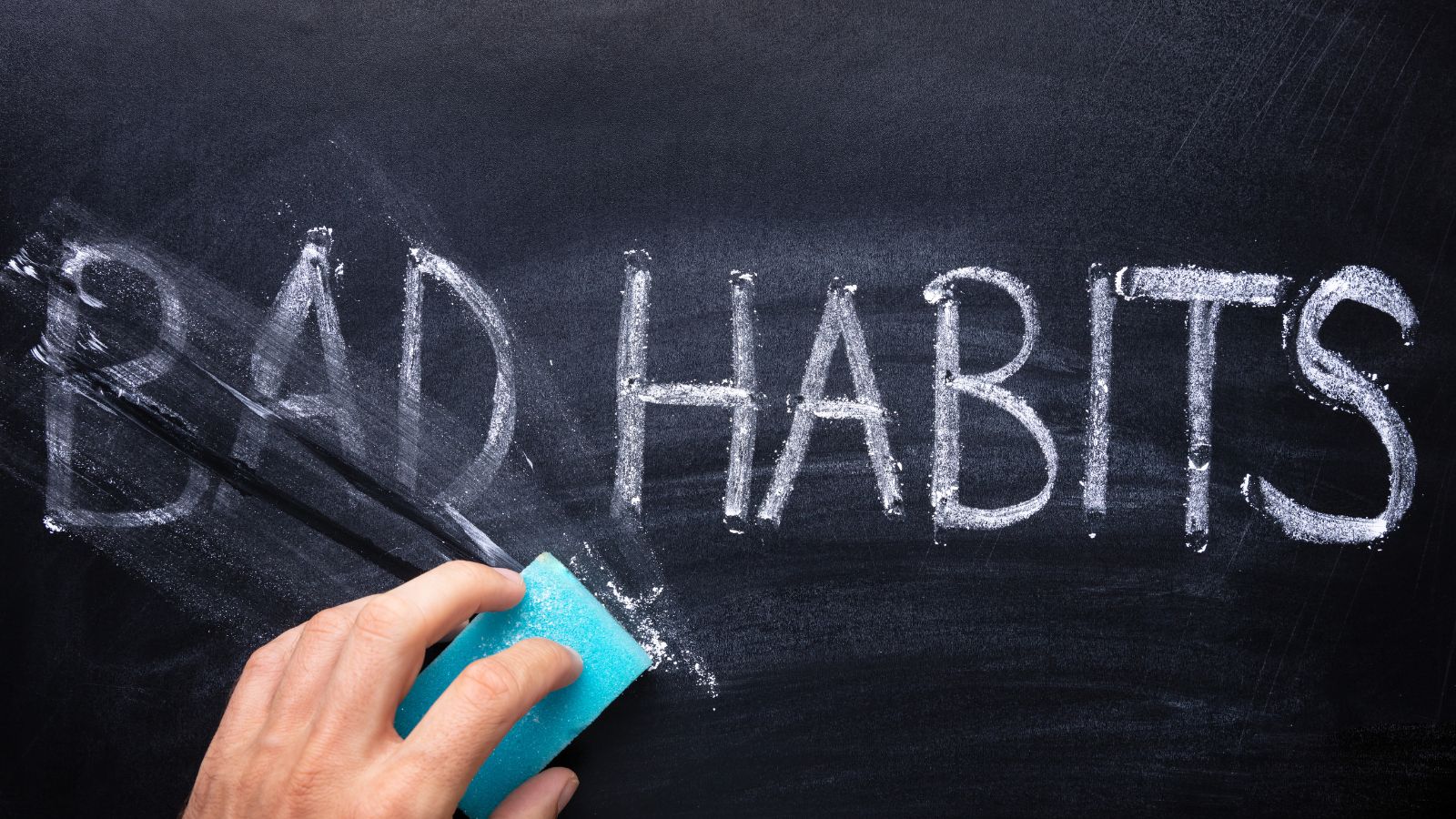In 2025, the global conversation about health and well-being has reached new heights, and with it, awareness about the importance of quitting bad habits has become more widespread and urgent than ever before. This shift is not coincidental. It reflects evolving cultural, technological, and scientific developments that have fundamentally changed how people view their lifestyles and the impact of their choices. Let’s explore why quitting bad habits has become a central focus for many in 2025, and why awareness around it is stronger than it has ever been.
The Modern Epidemic of Bad Habits
Bad habits—whether smoking, excessive alcohol consumption, unhealthy eating, sedentary lifestyles, or digital addiction—have long been recognized as significant contributors to physical and mental health problems. However, the extent to which these habits influence long-term quality of life and life expectancy has become clearer only recently.
In 2025, health data and research have reached new levels of precision thanks to advances in digital health monitoring, wearable technology, and AI-powered diagnostics. People can now track their health metrics in real time and receive personalized feedback on the immediate and cumulative effects of their habits. For instance, smokers receive instant data on lung capacity changes, while those with poor diets see direct impacts on blood sugar and cholesterol levels. This transparency has created a more urgent awareness that quitting bad habits is not just a recommendation but a necessity.
The Impact of Climate and Societal Awareness
One factor accelerating this awareness is the growing consciousness about climate change and environmental sustainability. Bad habits are no longer viewed solely through the lens of personal health but are also understood to affect the planet. Consider the environmental cost of excessive meat consumption, plastic waste, or the carbon footprint of frequent flying.
In 2025, the social narrative strongly connects personal choices with global impact. This has motivated many individuals, especially younger generations, to reconsider and quit habits that harm both their health and the environment. The collective realization that quitting bad habits contributes to broader sustainability efforts has deepened the sense of responsibility and urgency.
Mental Health and Digital Detoxification
In recent years, the world has grappled with an unprecedented rise in mental health issues. In 2025, the correlation between bad habits and mental well-being is better understood than ever. Digital addiction—excessive use of social media, gaming, or smartphones—has emerged as a major bad habit undermining mental health globally.
People have become increasingly aware that quitting or moderating these habits is crucial for improving focus, reducing anxiety, and enhancing overall emotional stability. Many communities and workplaces have introduced “digital detox” initiatives and mindfulness programs designed to help individuals break free from these addictive behaviors. Awareness campaigns emphasizing mental health benefits have empowered people to take concrete steps to quit bad habits that no longer serve their well-being.
Technology as a Catalyst for Change
Ironically, the very technology often blamed for bad habits has become a powerful tool for quitting them. In 2025, apps and AI coaches assist millions worldwide in overcoming addictions and forming healthier routines. These technologies provide real-time monitoring, personalized motivation, and community support, making quitting more accessible and less isolating. For instance, vapes have become a widely used alternative for smokers seeking to reduce harm and transition away from traditional cigarettes, with many finding it a helpful step toward quitting nicotine altogether. Quitting smoking is now often aided by smart devices that track carbon monoxide levels in the breath, combined with AI-driven encouragement and reminders. Similarly, nutrition apps use AI to help users identify and cut out unhealthy eating patterns. The integration of gamification in these apps makes quitting feel like a challenge that can be conquered, rather than a chore.
Shifts in Social Norms and Workplace Culture
The social landscape has changed dramatically by 2025, with quitting bad habits increasingly becoming a social norm rather than a stigma. Where once smoking breaks were common workplace rituals, now smoke-free and wellness-focused environments prevail. Employers invest in programs to help employees quit bad habits, recognizing the benefits for productivity and healthcare costs.
Peer support networks, both online and offline, have flourished, offering encouragement and accountability. This cultural shift is critical because quitting bad habits is often easier when surrounded by supportive communities that share similar goals.
The Economic and Healthcare Perspective
Healthcare systems worldwide face rising costs due to chronic diseases linked to bad habits. In 2025, many governments and insurers actively promote quitting bad habits through subsidies for cessation programs, incentives for healthy behavior, and public education campaigns.
This economic imperative aligns with growing public awareness that quitting bad habits can reduce personal medical expenses and improve quality of life. Health insurance premiums often reflect lifestyle factors now, encouraging individuals to prioritize quitting bad habits to maintain affordable coverage.
Personalized Medicine and Genetics
Another breakthrough influencing awareness in 2025 is personalized medicine. Genetic testing reveals individual predispositions to addiction and disease, making the consequences of bad habits more personally relevant. When people learn about their genetic risks—such as a higher chance of lung cancer or heart disease if they continue smoking—they are more motivated to quit.
This personalized insight moves quitting beyond generic advice, helping individuals understand the unique stakes involved and reinforcing commitment to change.
Challenges and Realities
Despite this heightened awareness, quitting bad habits remains challenging. Addiction, social pressures, and mental health issues create complex barriers. The key difference in 2025 is that support systems—technological, social, medical—are more advanced and integrated than ever before.
However, it’s important to acknowledge that awareness alone is not enough. Sustainable change requires compassion, patience, and accessible resources. Governments, communities, and individuals must continue to collaborate to make quitting feasible and rewarding.
Why 2025 is a Turning Point
The year 2025 represents a turning point because awareness about quitting bad habits is backed by unprecedented knowledge, technology, and cultural shifts. The global population is better informed about the multi-dimensional impact of their habits—on personal health, mental well-being, society, and the environment.
This collective consciousness fosters a proactive mindset. People don’t just wait for illness to strike; they act preemptively. Quitting bad habits is seen not as a sacrifice but as an investment in a longer, healthier, and more meaningful life.
Conclusion
In 2025, the importance of quitting bad habits resonates more deeply and broadly than ever before. It’s a convergence of science, technology, social change, and environmental consciousness that empowers people to make better choices. The momentum is strong, but the journey continues—quitting bad habits is a lifelong commitment, supported now by more tools, insights, and collective will than at any time in history.
As we move forward, this heightened awareness holds the promise of healthier individuals, stronger communities, and a more sustainable planet. Quitting bad habits isn’t just a personal victory—it’s a global imperative shaping the future of well-being for all.

